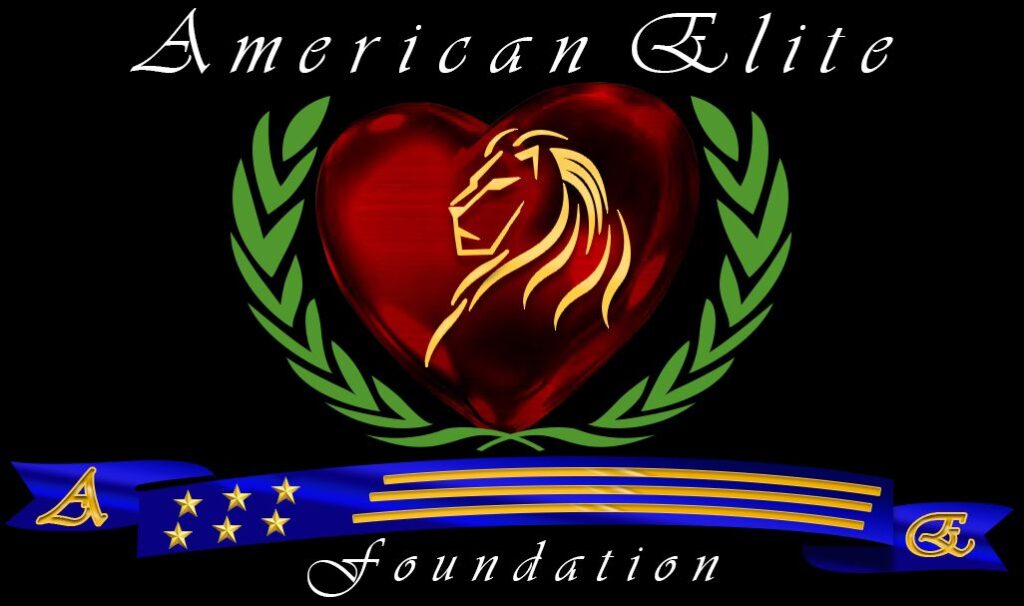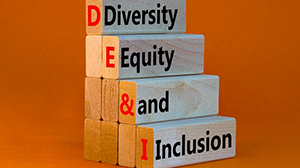Daniel Davidson, MD, MBA, DBA, PHD
Introduction:
Given the prevalence of human rights violations in today’s society, charity giving becomes an increasingly effective means of promoting justice and bringing about constructive change. Generous endeavors, ranging from aiding underprivileged communities to elevating the voices of the subjugated, are essential in advancing human rights around the world. In this article, we explore practical methods for advancing human rights via philanthropic contributions and the significant contributions that both individuals and institutions can make.
Understanding the Importance of Human Rights Charitable Giving
Realizing the significance of human rights In order to acknowledge the vital role that philanthropy plays in preserving and advancing fundamental liberties and safeguards for all people, philanthropic giving is necessary. A just and equitable society is built on the foundation of human rights, which include a wide range of liberties and rights that are inalienable to every person. These rights encompass, among other things, the freedom from discrimination, the right to life, liberty, and security of person, the freedom of expression and assembly, and the right to justice, healthcare, and education.
But even if national constitutions and international treaties recognize human rights, there are still many obstacles to overcome in the world. On the basis of characteristics including color, ethnicity, gender, sexual orientation, religion, handicap, and socioeconomic status, many people and communities still experience discrimination, oppression, and structural injustices. Human rights breaches jeopardize the rights, dignity, and well-being of millions of individuals globally. These violations include arbitrary incarceration, torture, forced relocation, and denial of basic services.
Protection of Vulnerable Populations:
Supporting human rights causes through charitable contributions is crucial for protecting vulnerable groups such as refugees, asylum seekers, internally displaced people, minorities, indigenous communities, women and girls, LGBTQ+ people, people with disabilities, and others who are subjected to marginalization and discrimination. The rights and dignity of individuals most vulnerable to exploitation and abuse are safeguarded by philanthropic giving, which provides financing for advocacy, legal aid, humanitarian assistance, and support services.
Promotion of Social Justice and equitable:
By confronting institutional injustices and discriminatory behaviors, charitable contributions to human rights groups and projects promote social justice and equitable. Philanthropy may amplify the voices of oppressed populations, lobby for legislative changes, and promote greater inclusivity, diversity, and fairness within society by funding grassroots movements, community-based organizations, and advocacy activities.
Empowerment of People and Communities:
Contributions to charitable causes enable people and communities to stand up for what’s right, stand up for what they need, and actively take part in decisions that have an impact on their lives. Philanthropy provides money for programs that promote education, training, capacity-building, and leadership development, giving people access to opportunities, resources, and knowledge to make a good impact in their communities and beyond.
Accountability and Transparency:
In the defense and advancement of human rights, charitable giving fosters accountability and transparency. Donors are essential to keeping organizations responsible for their deeds and guaranteeing that funds are allocated efficiently, morally, and in accordance with their declared goals and principles. Transparency in funding and operations increases the efficacy and impact of human rights projects while fostering confidence and trust within the philanthropic sector.
Global Collaboration and Solidarity:
Addressing common issues and advancing common values is made possible by charitable contributions to human rights groups. Philanthropy reinforces global efforts to advance human rights, peace, and justice by funding transnational projects, multinational alliances, and advocacy networks.
Identifying Key Areas for Charitable Giving
Determining the industries or issues where your donations can have the biggest influence is the first step in identifying important areas for charitable giving. Here are a few crucial points to remember:
Basic Needs:
In areas hit by poverty or natural disasters, charitable contributions aimed at granting vulnerable populations access to food, clean water, shelter, and healthcare can take care of their immediate survival needs.
Education:
By providing funding for educational projects, scholarships, educational institutions, and career training programs, people can become independent from the cycle of poverty, acquire job-ready skills, and improve their communities.
Healthcare:
Investments in illness prevention, medical research, healthcare services, and the availability of necessary prescription drugs can all help to improve health outcomes, lower death rates, and improve the standard of living for both individuals and communities.
Environmental Conservation:
You may maintain natural ecosystems, conserve biodiversity, and lessen the effects of environmental degradation by funding conservation efforts, sustainable development projects, reforestation projects, and climate change adaption programs.
Human Rights:
Charitable contributions to human rights groups, legal assistance programs, advocacy campaigns, and social justice movements can advance civil liberties, deal with structural inequalities, and stand up for the rights and dignity of oppressed communities.
Social Services:
Vulnerable populations can be supported and social needs can be met by funding organizations that offer social services like child care, elder care, mental health assistance, addiction treatment, and prevention of domestic abuse.
Disaster Relief:
Communities impacted by natural disasters, armed conflicts, or humanitarian crises can receive emergency help, humanitarian assistance, and support for reconstruction when they contribute to disaster response and recovery activities.
Community Development:
Local economies can be strengthened, job opportunities can be created, and economic empowerment can be fostered by funding microfinance programs, infrastructure upgrades, and entrepreneurship activities.
Arts & Culture:
Contributions to museums, theaters, and other artistic endeavors, as well as arts and cultural institutions, can enhance communities, protect cultural heritage, and foster variety, creativity, and expression.
Animal Welfare:
You can prevent animal abuse, encourage responsible stewardship, and save biodiversity by making donations to animal welfare groups, rescue shelters, wildlife conservation initiatives, and advocacy campaigns.
Strategies for Effective Charitable Giving
Investigate Charitable Organizations and Exercise Due Diligence:
Before donating, be sure the organizations share your ideals and make good use of the money. Aim for openness in program impact, governance structure, and financial reporting. An organization’s performance and financial health can be gleaned from websites such as GiveWell, GuideStar, and Charity Navigator.
Establish Clear Objectives and Priorities:
Choose your philanthropic priorities and objectives. Think about the causes and situations that you find most meaningful, as well as the areas you think your contributions can have the biggest influence. Establishing specific goals guarantees that your contributions have meaning and effect and helps direct your giving approach.
Make a Giving Plan and Budget:
Based on your financial situation and objectives, make a budget for your charitable contributions. Create a giving plan that specifies the amount, the organizations to which you want to gift, and the duration of your donation. Review your plan frequently and make any adjustments to take into account shifting priorities and conditions.
Diversify Your Giving:
To increase your influence and reduce risk, think about distributing your charitable contributions among a number of different organizations and causes. You may address a variety of problems and help bring about systemic change in a number of different areas by providing support to a varied portfolio of organizations. To successfully address diverse needs, distribute your gifts across several industries, geographies, and types of organizations.
Form Strategic Partnerships:
To increase your influence and work together to address difficult societal issues, cooperate with other contributors, charitable foundations, businesses, and nonprofit organizations. Through strategic alliances, your philanthropic endeavors can attain greater scale and sustainability by allowing you to pool resources, share knowledge, and utilize collective power.
Encourage Capacity Building:
To increase an organization’s efficacy, sustainability, and influence, fund its capacity building programs. Providing funding for staff training, technology advancements, infrastructure development, and strategic planning enables organizations to create stronger programs and more effective and lasting initiatives.
Promote Sustainability:
Give top priority to long-term investments and sustainable solutions that deal with the underlying causes of societal problems and foster long-lasting transformation. Rather of offering band-aid or temporary repairs, support projects that strengthen communities, promote resilience, and encourage self-reliance.
Use Matching Gifts and Incentives:
To increase the impact of your donations, make use of matching gift programs provided by government agencies, foundations, and employers. The value of your donation is almost doubled or even tripled because many companies match employee philanthropic contributions up to a specific level.
Remain Informed and Involved:
Remain up to date on new developments, charitable trends, and best practices. Get involved with NGOs, go to events, go to conferences, and join networks or affinity groups to learn more about social issues and meet experts and funders who share your interests.
Evaluate Impact and Adapt:
Monitor your progress toward your objectives and pinpoint areas that require improvement by routinely assessing the impact of your charity contributions. In order to maximize efficacy and relevance, use input from stakeholders, recipients, and grantees to guide your decision-making process and modify your giving strategy as necessary.
In conclusion
Giving to charities that support human rights is not only morally required, but also a calculated move toward building a more fair, just, and compassionate society for all. People and organizations can play a critical role in promoting structural change, empowering marginalized groups, and preserving the rights and dignity of every individual by supporting organizations and projects that uphold human rights. Human rights can be widely respected, defended, and upheld in the future if we work together with steadfast devotion and collective action.







